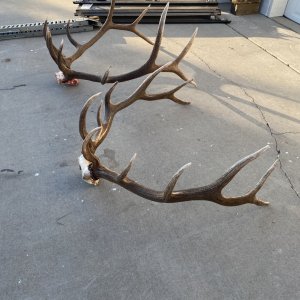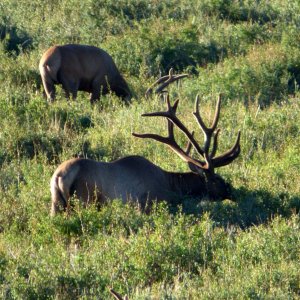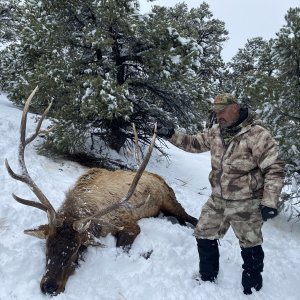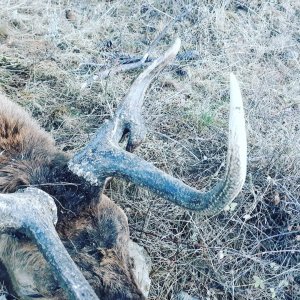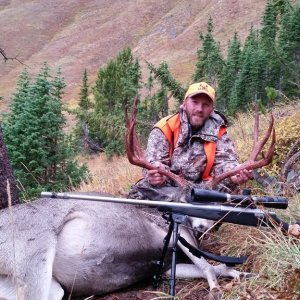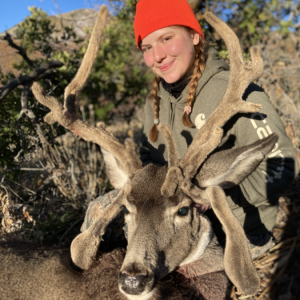I searched as much literature as I could find to see if athletic training would produce a decreased rate of susceptibility to any form of AMS. I found nothing. I found a couple of smart, and current, folks who assumed so, but no studies.
The partial pressure of the gas we breathe sorta dictates how we get AMS. As we rise in altitude, the percentage of O2 remains at 20.4% and the further we ascend, the further those O2 molecules are apart. Neurologically, our CNS system suffers with each ascent in altitude. Most AMS is presented during the first 3 days at altitude.
The folks in the above link said this: "It is plausible that (over)exertion during ascent may exacerbate AMS by causing a greater hypoxic stress due to increased desaturation during exercise and to symptoms of exhaustion like fatigue, nausea, or vomiting after exercise "( 18 ).
From the above, one could assume that those athletically trained would be less susceptible to AMS because they tend to exert less effort to do the same work. BUT, there will likely never be a peer reviewed study which provides evidence either way. I know of no human subjects committee which would allow the study which has a goal to get AMS.
(40 + years ago there was some theory that those conceived and born at altitudes around 8K or so developed alveoli (primary gas exchange system) which were more capable of supplying O2 to working tissue. But, no real evidence exists to support that theory.)
The idea that those more athleticly trained can exert less effort to do the same job and are therefore less likely to get AMS is sorta like the born at altitude theory; a good theory, but no real paper evidence to support it. When looking for peer reviewed studies to support this, I found no evidence. That was kinda puzzling to me as those more athletically trained will get more things done with less effort, which should ward off a buildup of lactic acid....which interferes with O2 transport because it (lactic acid) binds so tightly with hemoglobin. Look up 'Haldane Transformation' if you are bored. Very bored. That explains how LA (lactic acid) can be removed from the blood, allowing hemoglobin to move more O2.

en.m.wikipedia.org
The above link describes the buffering effect.
The effects of being in shape athletically, whether cardio or strength trained, will not likely show a difference in O2 delivery to body tissue IF one trains to the same level of exertion for both methods. Ejection Fraction (% of oxygenated blood delivered by the left ventricle) will statiscally be the same when comparing cardio v. strength training only if the training exertion levels (heart rate) are equal.
Cardio = volume overload = larger LV chamber.
Strength training = pressure overload = thicker LV walls.
Either = improved LV efficiency.



